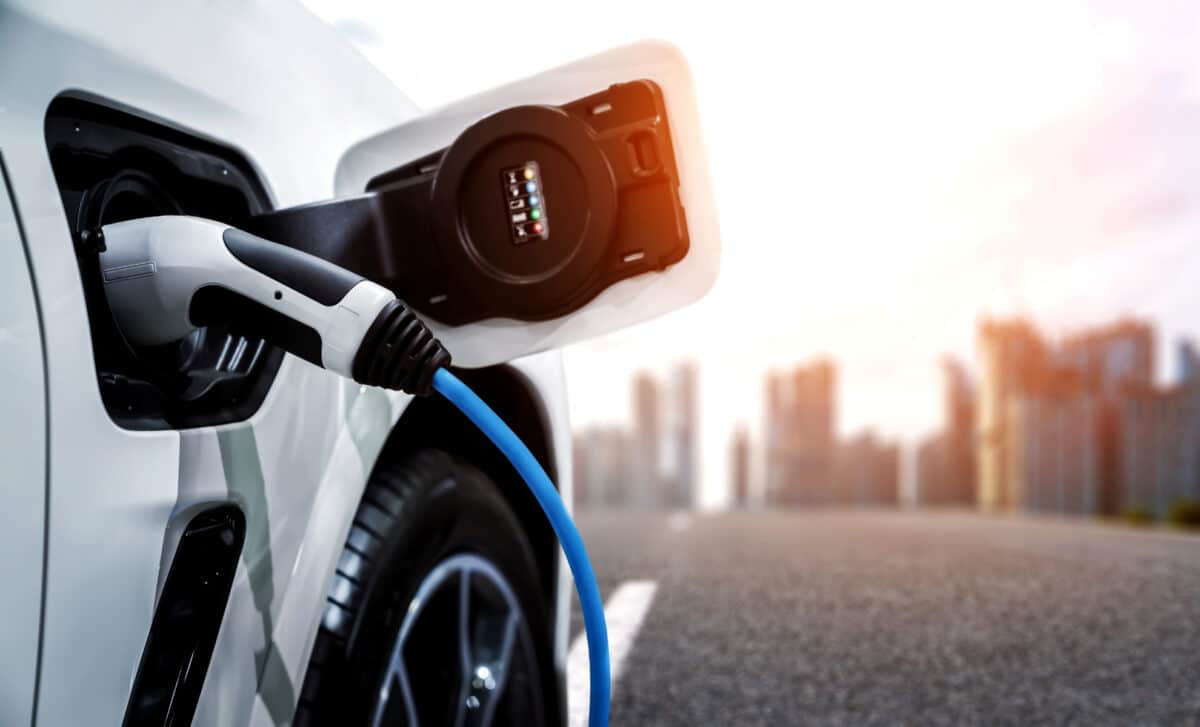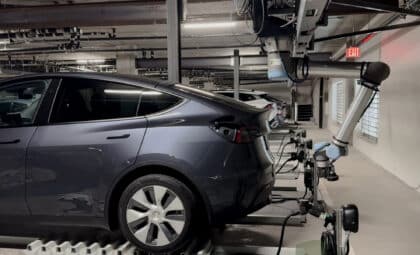The U.S. Department of Energy has unexpectedly canceled more than $700 million in federal battery grants, abruptly halting projects intended to boost domestic EV battery production. The move has drawn sharp criticism from lawmakers and reignited fears that the United States is falling further behind China in the electric vehicle race.
Among the affected projects are major initiatives in Kentucky, Nevada, and Missouri. The cancellations have stirred political tensions in Washington, with Senate Democrats accusing the DOE of unlawfully rescinding funds that were already approved under previous administration initiatives.
Sudden Reversal Disrupts U.S. Battery Ambitions
In early October, the Department of Energy withdrew more than $700 million in grants aimed at expanding domestic battery manufacturing. These grants were part of a broader effort to stimulate the electric vehicle supply chain within the United States and reduce dependency on foreign materials. According to Carscoops, the affected grants had been awarded to companies including Ascend Elements, American Battery Technology Company, Anovion, ICL Specialty Products, and LuxWall.
These projects were significant. For example, Ascend Elements was awarded $316 million to build a $1 billion facility in Kentucky focused on manufacturing battery components from recycled electric vehicle batteries. Similarly, American Battery Technology Company had received $57.7 million to develop a Nevada plant for producing lithium hydroxide, while Anovion was set to receive $117 million for synthetic graphite production used in battery anodes.

DOE Cites Project Shortcomings as Reason for Cancellations
The Department of Energy justified its decision by stating that the canceled projects had not met essential milestones and were unlikely to deliver the expected returns. DOE spokesperson Ben Dietderich said the initiatives “did not adequately advance the nation’s energy needs, were not economically viable, and would not provide a positive return on investment of taxpayer dollars.”
Energy Secretary Chris Wright has supported the cancellations, arguing that public funding must be spent wisely. “If they’re not in the interest of the taxpayers, if they’re not a good expenditure of the money, you always have the ability to cancel these projects,” Wright stated, as cited by the same source. Reports also suggest this may be part of a broader reassessment, with a circulating list among lobbyists hinting that up to $20 billion in additional awards could be at risk.
Democrats Accuse the DOE of Illegal Overreach
The political reaction to the DOE’s move was swift. In a letter addressed to Energy Secretary Wright, 37 Democratic and independent senators accused the department of exceeding its legal authority. According to the lawmakers, the cancellations violate congressional intent and may break laws governing federal fund allocation. “The illegality of your cancellations is the only thing as indisputable as the harm your cancellations will wreak,” they wrote.
The senators emphasized that the DOE has a legal obligation to execute appropriated funds in accordance with the law and contractual agreements. This challenge introduces a new layer of complexity into the Biden administration’s clean energy goals, especially given that many of the affected grants were part of the administration’s broader climate agenda.
Growing Unease in a Global Battery Race
The cancellations arrive at a sensitive time for the U.S. electric vehicle industry. There is increasing concern that such policy reversals could allow China to consolidate its lead in EV battery innovation and production. With the U.S. now seen as backtracking on critical investments, industry stakeholders fear that the gap between American and Chinese capabilities may widen further.
The domestic push to strengthen the battery supply chain has been central to reducing reliance on overseas markets, especially as geopolitical tensions rise. The DOE’s decision has therefore raised alarms not only among politicians but also within the EV manufacturing sector, where long-term planning depends heavily on stable public-private partnerships.
Despite the growing unease, the DOE maintains that its priority is fiscal responsibility and that all grants are subject to periodic review. Whether that stance will satisfy critics in Congress—or mitigate the industrial fallout—remains to be seen.









